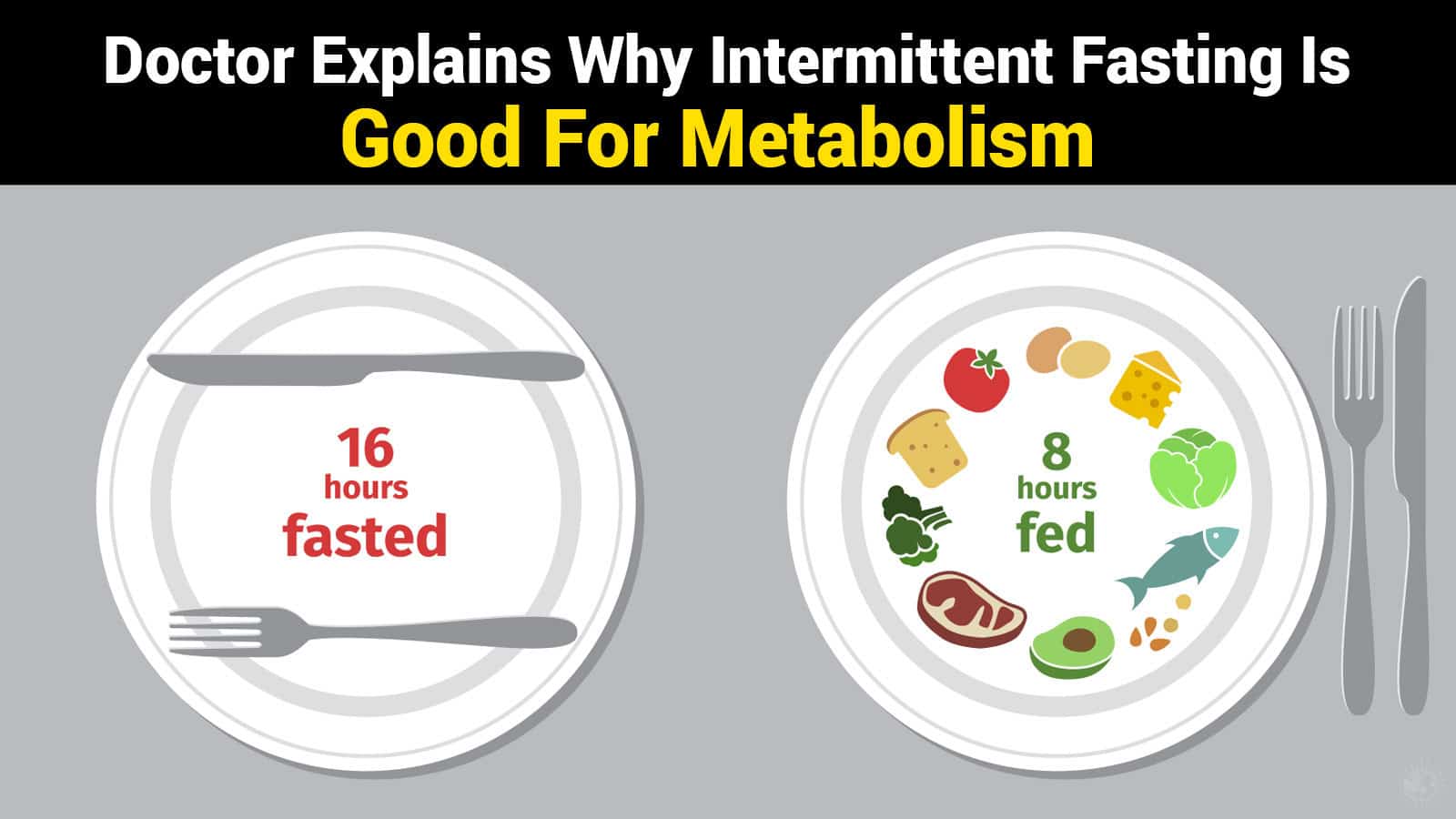It’s hard not to feel stressed out with all the things that are happening around us. Climate change, an ongoing pandemic, political upheaval The list goes on and on. And it should come as no surprise that with all this stress comes plenty of medical concerns!
But this all has to be just in the mind, right? How exactly does stress affect our health?
Here’s how doctors explain ten ways stress can affect your health.
1. Cardiovascular and Respiratory Systems
Stress often is a signal for our body to work harder to escape whatever scary thing is coming after us. Unfortunately, it can also cause plenty of health problems if this emergency mode goes on for too long.
· Elevated Blood Pressure
It’s a thing – the American Heart Association agrees that stress is yet another thing to add to the list of factors for increased risk of high blood pressure.
· Stroke and Heart Attack Risk
When we get stressed, it triggers our brains to make the adrenal glands release stress-related hormones – specifically, adrenaline and cortisol. Both work to increase blood pressure and heart rate. Great if you need to run from something, but harmful in the long term as the heart struggles to keep up. Repeated fluctuations in blood pressure can increase one’s risk of a heart attack or a stroke.
· Respiratory Issues
If you’ve already got asthma, you may have noticed it’s been getting harder to breathe. While chronic stress and anxiety don’t cause asthma, it can worsen preexisting respiratory problems – just like any other strong emotional response.
2. Reduced Exercise
Ever noticed how much your gym routine slips when you’re stressed out? Notice that by the time you’re home, all you want to do is plop down in front of the screen and laze out? There’s a good reason for that.
According to doctors, your exhaustion isn’t just your imagination. Indeed, stress can have a massive impact on how much energy you have. This feeling can make it harder to do exercise when you’re home, even if it’ll help with stress relief.
3. Central Nervous System and Hormones
When you are stressed, your brain puts your central nervous system into a state of panic. This process kickstarts adrenaline and cortisol production in the adrenal glands, which in turn, revs up your heart rate and oxygen intake, so your major organs are all prepped and ready to go.
Great for emergencies, but your body isn’t meant to handle this for long and will quickly start breaking down. Additionally, scientific studies have proven that the hormones released delay the healing process, making it harder to heal from wounds.
With how prolonged stress can cause all sorts of health issues, this might be one of the few instances where positive thinking might help you recover faster!
4. Metabolism
Thanks to evolution, our bodies are hardwired to store fat when stressed. The idea is that in times of emergency, our bodies will at least maintain some kind of food storage on us. Unfortunately, that’s not so helpful in today’s world, where we don’t exactly need to survive a famine.
Thanks to all that cortisol in your bloodstream, your body will opt to hold onto fat instead of burning it for energy. This process can develop excess belly fat and general central body fat – all of which link to all sorts of health problems, such as increased cholesterol levels and blood pressure.
Put this together with the unhealthy habits that are likely to develop during a stressful period, and you’ll quickly find yourself at growing risk for a variety of health issues.
5. Digestive System
Ever noticed that when you’re nervous, you can feel too sick to eat? Or when you’re super anxious, it seems to be affecting your gut? As it turns out, that isn’t just your imagination.
· Digestion
When you’re stressed, it can cause your intestines to spasm – something that is highly disruptive to healthy digestion. This activity can lead to all sorts of digestive problems like bloating, upset stomach, and even diarrhea.
· Acid Reflux
Chronic stress, especially if it’s sudden and acute, can raise your stomach’s acid levels. This can lead to acid reflux and cause all sorts of problems with your stomach.
· Type 2 Diabetes
If you find yourself stress-eating, you may want to stop. Stress eating can increase blood sugar levels, which can eventually lead to insulin resistance. Keep that up, and you might find yourself facing type 2 diabetes shortly afterward.
6. Mental Health
Our mental health strongly intertwines with our physical health. So it should come as no surprise that when stress affects our brain, it’ll also affect our ability to maintain positive thinking in times of crisis. After all, how can we take care of our bodies if our brains aren’t healthy and happy?
· Moodiness
Stress has very tangible effects on the brain, often affecting the levels of mood-related neurotransmitters like serotonin and dopamine. This, in turn, affects our moods and can cause things such as concentration problems and extreme emotions.
· Addiction
Research, unfortunately, has shown positive links between stress and addiction. Doesn’t matter if you’re starting one, maintaining one, or relapsing – if you’re stressed, the risk of you engaging with addictive behavior goes up.
· Symptoms of Depression
If you are at risk of developing a mood disorder, stress might just be what kicks it off. If you already have one, such as depression, generalized anxiety disorder, or a panic disorder, stress will make it worse.
· Dementia
Think your midlife crisis was bad enough? Turns out, a study has found that women who have high levels of midlife stress have a higher chance of developing dementia too.
7. Reproductive System
The last thing most people would think of is to have sexual intercourse when they’re stressed. As it turns out, stress can affect more than just your mood for intimacy. Indeed, it can also affect your reproductive organs.
· It Messes With Your Menstrual Cycle
With how stress can already affect your hormones, it should come as no surprise that it can also play havoc with your menstrual cycle and regular flow.
· It Can Cause Unexpected Pregnancies
Depending on who you ask, this can be both a positive or a negative. Stress can suppress and delay one’s ovulation period. This means a person may only start ovulating after they have been relieved of their stress, likely without their knowledge. This can make it easier to garner an unexpected pregnancy.
· It Can Cause A Lack Of Fertility
If it can affect your hormonal cycle, you can bet it’ll change your fertility as well. Studies have shown that the more stress a person has to endure, the more likely they will have infertility – even after taking other factors into account.
· It Can Mess Up Functionality
Stress may cause performance issues, such as erectile dysfunction. While in the short term, you may get a brief testosterone boost from it, long-term stress can cause one’s testosterone levels to drop and affect one’s sperm productions as well.
· It Makes Cold Sores More Common
Cold sores a regular occurrence in your life? Watch out – stress can make cold sore outbreaks more common.
· It Can Lower Libido
Chronic stress affecting your sex drive should be apparent. The last thing you’ll want to do is get busy and intimate when you’re being overwhelmed.
8. Immune System
Chronic stress can negatively impact your physical health – and your immune system is no exception to the rule.
· Illness Risk
Because of how chronic stress affects every significant component of overall health (such as diet, exercise, and sleep), it can lead to a weakened immune system. Ergo, more chances of you falling sick.
· Triggering Health Issues
The last thing you need when stressed is your illnesses to reactivate. Unfortunately, research has found that chronic stress can cause outbreaks of diseases like shingles, which usually is repressed by the immune system after apparent recovery.
· Delaying Illness
This might come in wild contrast to everything else you’ve read so far, but stress can also temporarily suppress potential illnesses. Hormones like adrenaline keep you operational during a stressful event, but you might crash and fall sick afterward when it wears off.
9. Sleep Patterns
Have you noticed just how hard it is to fall asleep when you’re stressed? And when you finally do, it’s like you never get any rest? It turns out. It isn’t just your imagination – stress does affect your sleep.
According to doctors, stress creates or worsens preexisting anxiety. And unfortunately, anxiety and sleep problems tend to bounce off each other. So the more stressed you get, the more anxious you become – and that just makes it harder to fall asleep and stay asleep.
10. Muscular System
It’s a popular image that the more stressed you are, the stiffer your muscles get. As it turns out, it isn’t all that far off from the truth. When you’re stressed, your body tenses up its muscles in preparation for a fight, this can make it pretty difficult to relax, especially when you don’t get a chance to let go of that tension.
All that tension can lead to pain, as tight muscles lock into position. You may find yourself suffering from all sorts of shoulder pains, back pains, and body aches – and a result, find yourself skipping exercise and reaching for the painkiller instead.
As tempting an idea it is, you really shouldn’t do it. Committing to doing exercise kills two birds with one stone, letting you reduce stress in addition to relaxing tense muscles. At least do some stretches!
 Final Thoughts On Some Ways Stress Can Affect Your Health
Final Thoughts On Some Ways Stress Can Affect Your Health
It’s easy to dismiss stress as something that is just entirely mental. Unfortunately, it has authentic effects on our physical health – and in the long term, can create all sorts of problems. And with everything that is going on in the world presently, it can be hard to avoid getting stressed one way or another.
Thankfully, there are plenty of things we can do to help reduce our stress. Maintaining a healthy lifestyle with exercise and good food should form the crucial cornerstone of our stress management. Learning how to manage and organize your work will also go a long way to reducing stress as well!




















